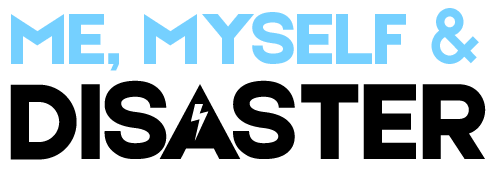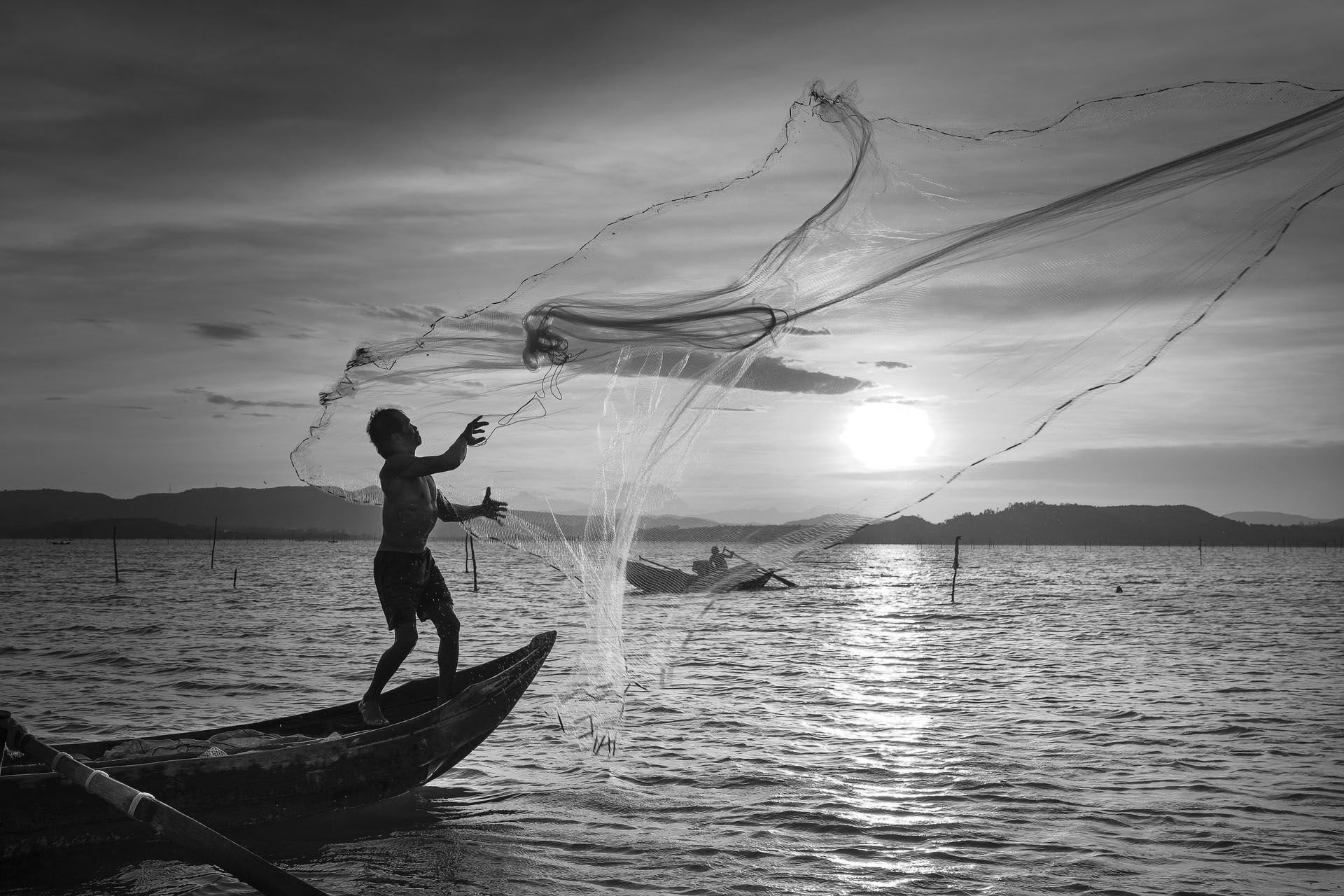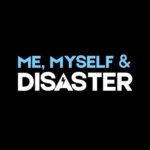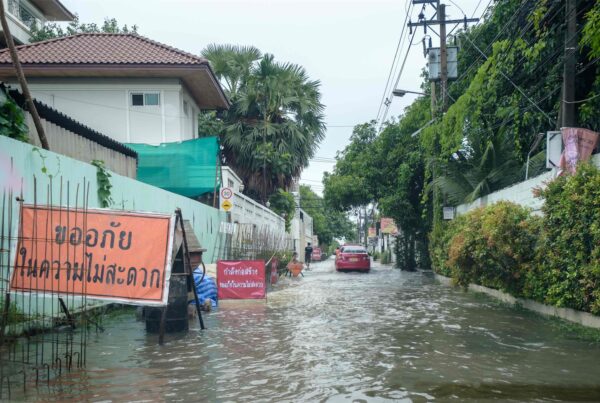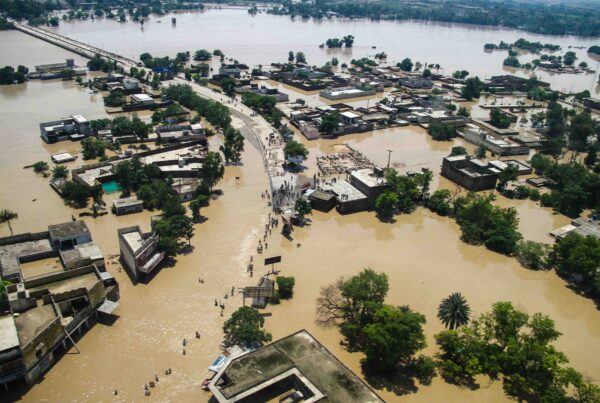“Give a man a fish and you feed him for a day; teach a man to fish and you feed him for a lifetime.”
Where this saying originated is not clear, but the meaning behind the phrase certainly is.
For a moment, let’s think about this in terms of managing a crisis, or more clearly – developing resilience in our communities.
In crisis management, we are always focused on resolving the incident and once it’s resolved, building capability to respond to the next major incident. “How can we fix this problem in the most efficient and effective manner possible?” we might ask ourselves – thinking about what resources we have at our disposal.
We know incidents will happen – and they will be different every time. No fire, cyber attack or tsunami will ever be the same but disasters will always have a human element. A severe storm occurring in an isolated stretch of desert is unlikely to have the same effect as if it had impacted a highly populated metropolitan area.
Preparing communities is key; knowing that the capability and social capital resides within our communities is essential to disaster risk reduction. And rather than provide them with a fishing rod and teaching them the very basics of casting a line, we need to learn what types of fish are in their area, what the local fishing conditions are and if there are any local issues that we need to be aware of.
Emergency planners collaborate with communities for success and ignore communities at their peril. Empowering communities involves not only teaching skills but developing an appreciation for the human factors within local networks. Connecting with our communities, and encouraging community members to connect with each other creating greater autonomy and capability.
The future of emergency management is rapidly approaching. Many proactive communities are already there. Our opportunities lie in relationship building – isolated residents, areas at risk of natural hazards, groups previously not affected by a disaster, and those who for whatever reason are heavily reliant on others.
Next time you engage your community – are you buying them fish for lunch or are they preparing the buffet?
